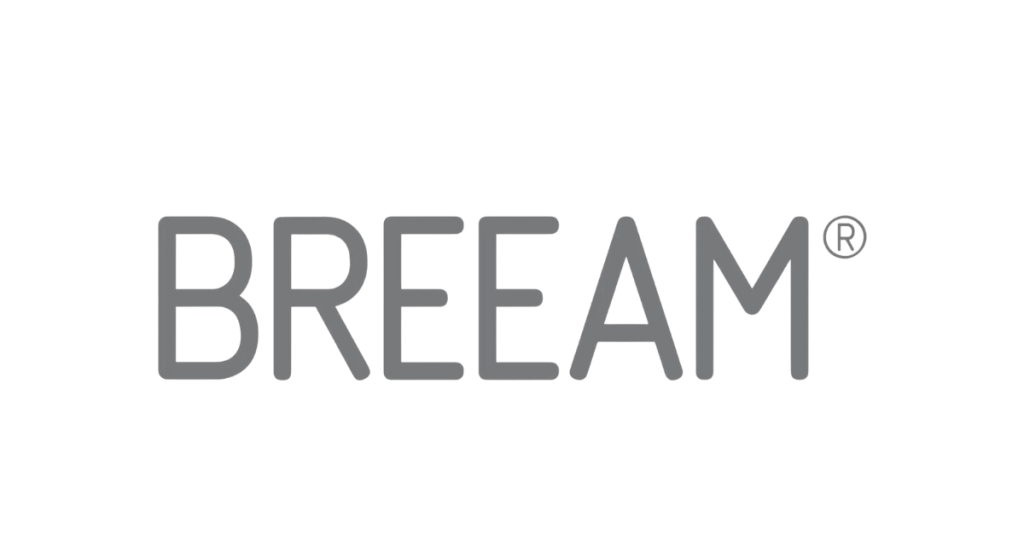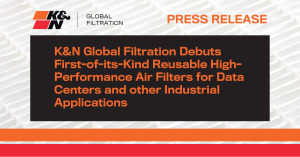Up to 6 management performance credits are available within BREEAM for waste management, depending how the data is collected and communicated, with a requirement to target-set and document either tonnage or cubic feet of diverted waste.
To calculate the additional tonnage of diverted waste by using K&N reusable filters, before installing K&N filters, weigh a representative sample of legacy disposable filters from each air handling unit (AHU) operated in the building, when they have reached the end of their service life, as they are removed before they are sent to landfill. Multiply the weights of individual used filters by the number of filters installed in each AHU to derive the total weight of filters being sent to landfill for the building. This is the additional diversion weight for your table below.
Alternatively calculate the additional volume of diverted waste by using K&N reusable filters, before installing K&N filters, measure a representative sample of legacy disposable filters from each air handling unit (AHU) operated in the building, when they have reached the end of their service life, as they are removed before they are sent to landfill. Be sure to measure the filters in the state they are disposed of in case they are usually crushed before disposal. Multiply the volumes of individual used filters by the number of filters installed in each AHU to derive the total volume of filters being sent to landfill for the building. This is the additional diversion volume for your table below.
Use the highlighted row below.
| Landfill | tons/ft3 |
| Incineration | tons/ft3 |
| Diverted – waste to energy | tons/ft3 |
| Diverted – recycling – not closed-loop/unknown | tons/ft3 |
| Diverted – recycling – closed-loop | tons/ft3 |
| Diverted – reuse – not at the asset | tons/ft3 |
| Diverted – reuse – at the asset (or stored for reuse on the asset) | tons/ft3 |
| Diverted – recycled – at the asset | tons/ft3 |
| Diverted – other | tons/ft3 |
To learn more about BREEAM for waste management credits, click here.




